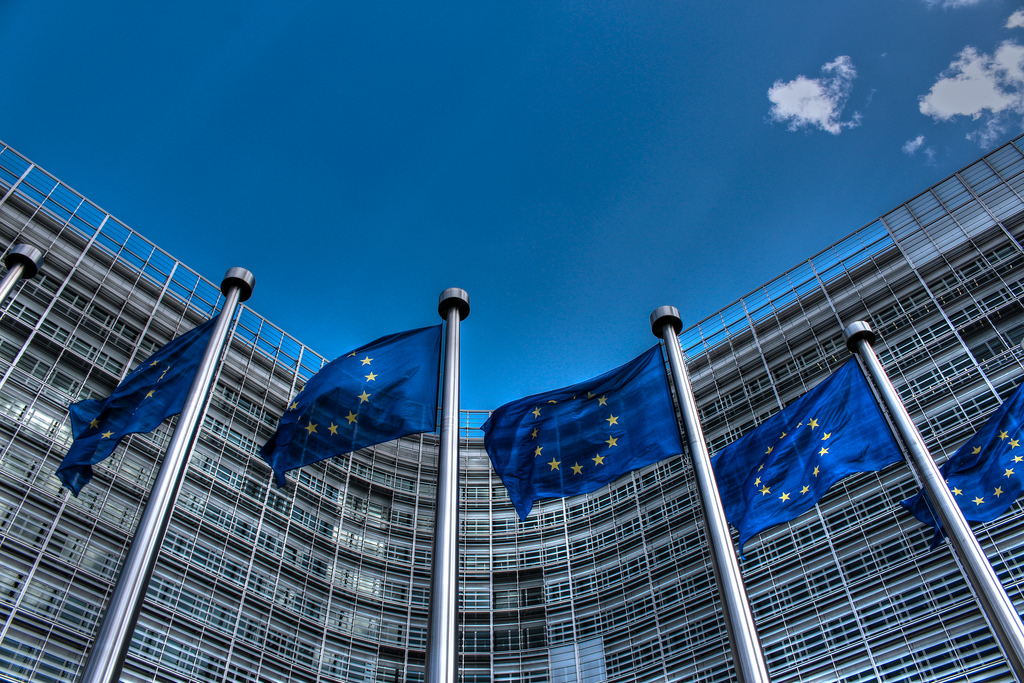Sweden has resisted enforcing a full lockdown on its population of 10.2 million. Instead, it has relied on calibrated precautions and isolating only those most vulnerable (Lucas, 2020). Despite increasing concerns amongst experts and civilians, Sweden continues with what the country’s chief epidemiologist, Anders Tegnell, refers to as a ‘low-scale’ approach. Underpinning this strategy, has been the protection of the elderly (Lucas, 2020).
In comparison with its neighbours such as Denmark and Norway, Sweden has a considerably higher number of Covid-19 fatalities. Nonetheless, Professor Paul Franks and Professor Peter Nilsson from Lund University say that a long-term lockdown would have significant economic ramifications and could cause even greater deaths and suffering in the longer term (Lattouf, 2020). Sweden’s Prime Minister Stefan Löfven states during his address to the nation “we all, as individuals, have to take responsibility … we can’t legislate and ban everything … it is also a question of common sense”. According to Tegnell, “Sweden has gone mostly for voluntary measures because that’s how we’re used to working”. This approach aligns with the country’s long tradition of favouring voluntary guidelines (Ibid, 2020).
On 11 March Sweden reduced the size of gatherings to 500 and on March 29 lowered it to 50. Despite general approval amongst Swedes for the government’s ‘flexible’ response to Covid-19, by the end of March, 2,300 doctors, scientists and academics signed an open letter to the government calling for stricter measures. Importantly, while interpersonal distance is valued in Swedish culture and 40 per cent of households are currently single-person households without children, experts say that the potential risk that Covid-19 will spread remains. These potential risks are particularly significant given that Sweden has the second lowest number of critical care beds in Europe after Portugal.
The country only has five beds for every 100,000 inhabitants, which means that if the country were to experience an outbreak of Covid-19, the healthcare system would be significantly challenged (Godin, 2020). Since 24 March, the government has enacted some measures including: individuals are no longer permitted to be serviced at the counter in restaurants or cafes; instead, service is provided directly at the table and tables are separated by some distance; while schools from kindergarten to primary, and lower secondary remain open, high schools and universities are now closed; gatherings are limited to 50 people; and people aged 70 or over are encouraged to state at home. 68 per cent of those presenting symptoms are over 50 years old while 55 per cent of the deceased were older than 80 years old (Baudry, 2020).
As of Tuesday 15 April, 11,445 coronavirus cases and 1033 fatalities have been recorded. Neighbouring Norway, which has introduced stricter coronavirus measures, including closing schools and kindergartens, has reported 138 COVID-19 deaths and about 66,000 novel coronavirus cases. Tegnell, has said that his goal is to slow the spread of infection to a manageable pace which would avoid straining the country’s healthcare system, and believes a strict lockdown is not necessary to achieve that. One of Sweden’s assets in the face of Covid-19 is its low population density, which may help limit the spread of the virus. Indeed, with 25 people per square kilometre in comparison to 120 in France or 206 in Italy, Sweden is one of the countries with the lowest population density in Europe (Lucas, 2020). As Baudry (2020) notes, Stockholm is by far the densest city in the country, it has half as many people per square kilometre as New York does, and four times fewer than Paris.
Sophie Di Francesco-Mayot - Research Officer, RMIT EU Centre of Excellence
References
Baudry, A. 2020, Covid-19: Still No Sign of Lockdown in Sweden, Institut Montaigne, viewed 15 April 2020, accessed: <https://www.institutmontaigne.org/en/blog/covid-19-still-no-sign-lockdown-sweden>.
Godin, M. 2020, Sweden’s Relaxed Approach to the Coronavirus Could Already Be Backfiring, viewed 15 April 2020, accessed: <https://time.com/5817412/sweden-coronavirus/>.
Lattouf, A. 2020, Why Sweden Is Going Rogue In Its Response To COVID-19, 10 daily, viewed 14 April 2020, accessed: <https://10daily.com.au/news/a200403fqxjb/why-sweden-is-going-rogue-in-its-response-to-covid-19-20200403>.
Lucas, F. 2020, In Sweden, There’s No COVID-19 Lockdown. Here Are 4 Things to Know, The Daily Signal, viewed 15 April 2020, accessed: < https://www.dailysignal.com/2020/04/14/in-sweden-theres-no-covid-19-lockdown-here-are-4-things-to-know/>.







